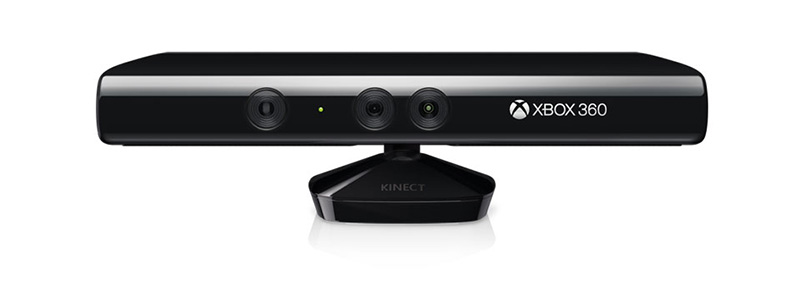
Kinect Adapter for Xbox One S Xbox One X Windows PC Xbox Kinect Adapter Power Supply for Xbox 1S 1X Kinect 2.0 Sensor, Xbox One Kinect Adapter for PC Windows 10 8.1 8 - Walmart.com

for Kinect 2.0 Sensor Adapter,USB 3.0 Kinect Adapter for Xbox ONE S/Xbox ONE X Windows PC Power Supply System, Supported Windows 8/8.1/10 (Black) : Amazon.ca: Electronics

Amazon.com: Microsoft Kinect Sensor V2 for Windows, Development Device, Requires a Dedicated USB 3.0 Port
![Kinect Adapter For Xbox One S/Xbox One X/Windows PC [UL Listed] Xbox Kinect Adapter Power Supply for Xbox 1S/1X kinect 2.0 Sensor, Connect To PC Windows 8/Windows 8.1/Windows 10 Via USB 3.0 : Kinect Adapter For Xbox One S/Xbox One X/Windows PC [UL Listed] Xbox Kinect Adapter Power Supply for Xbox 1S/1X kinect 2.0 Sensor, Connect To PC Windows 8/Windows 8.1/Windows 10 Via USB 3.0 :](https://m.media-amazon.com/images/I/71RgYUjvcUL.jpg)
Kinect Adapter For Xbox One S/Xbox One X/Windows PC [UL Listed] Xbox Kinect Adapter Power Supply for Xbox 1S/1X kinect 2.0 Sensor, Connect To PC Windows 8/Windows 8.1/Windows 10 Via USB 3.0 :

Brand New For XBOXONE Slim Adapter Power Supply Kinect 2.0 For xboxone USB AC adapter EU&US Plug Kinect+Adapter - AliExpress

Amazon.com: E EGOWAY Kinect Adapter for Xbox One S, Xbox One X, Windows PC - Power Supply for Xbox 1S, 1X Kinect 2.0 Sensor - Kinect Adapter for PC Windows 10, 8.1, 8 : Video Games

Original Second Movement Sensor Sensitive Sensor For Kinect V2 For Xbox One Xboxone Kinect 3.0 With Logo And Xboxone Kinect 2.0 - Movement Sensors - AliExpress
![Amazon.com: Kinect Adapter for Xbox One S Xbox One X Windows PC [UL Listed] Xbox Kinect Adapter Power Supply for Xbox 1S 1X Kinect 2.0 Sensor, Xbox One Kinect Adapter for PC Amazon.com: Kinect Adapter for Xbox One S Xbox One X Windows PC [UL Listed] Xbox Kinect Adapter Power Supply for Xbox 1S 1X Kinect 2.0 Sensor, Xbox One Kinect Adapter for PC](https://m.media-amazon.com/images/I/615cmNJHJTL._AC_UF894,1000_QL80_.jpg)
Amazon.com: Kinect Adapter for Xbox One S Xbox One X Windows PC [UL Listed] Xbox Kinect Adapter Power Supply for Xbox 1S 1X Kinect 2.0 Sensor, Xbox One Kinect Adapter for PC

6pcs Original brand new Movement Sensor Sensitive Sensor For Kinect v2 for Xbox One XBOXONE Kinect 2.0 With Logo - AliExpress














